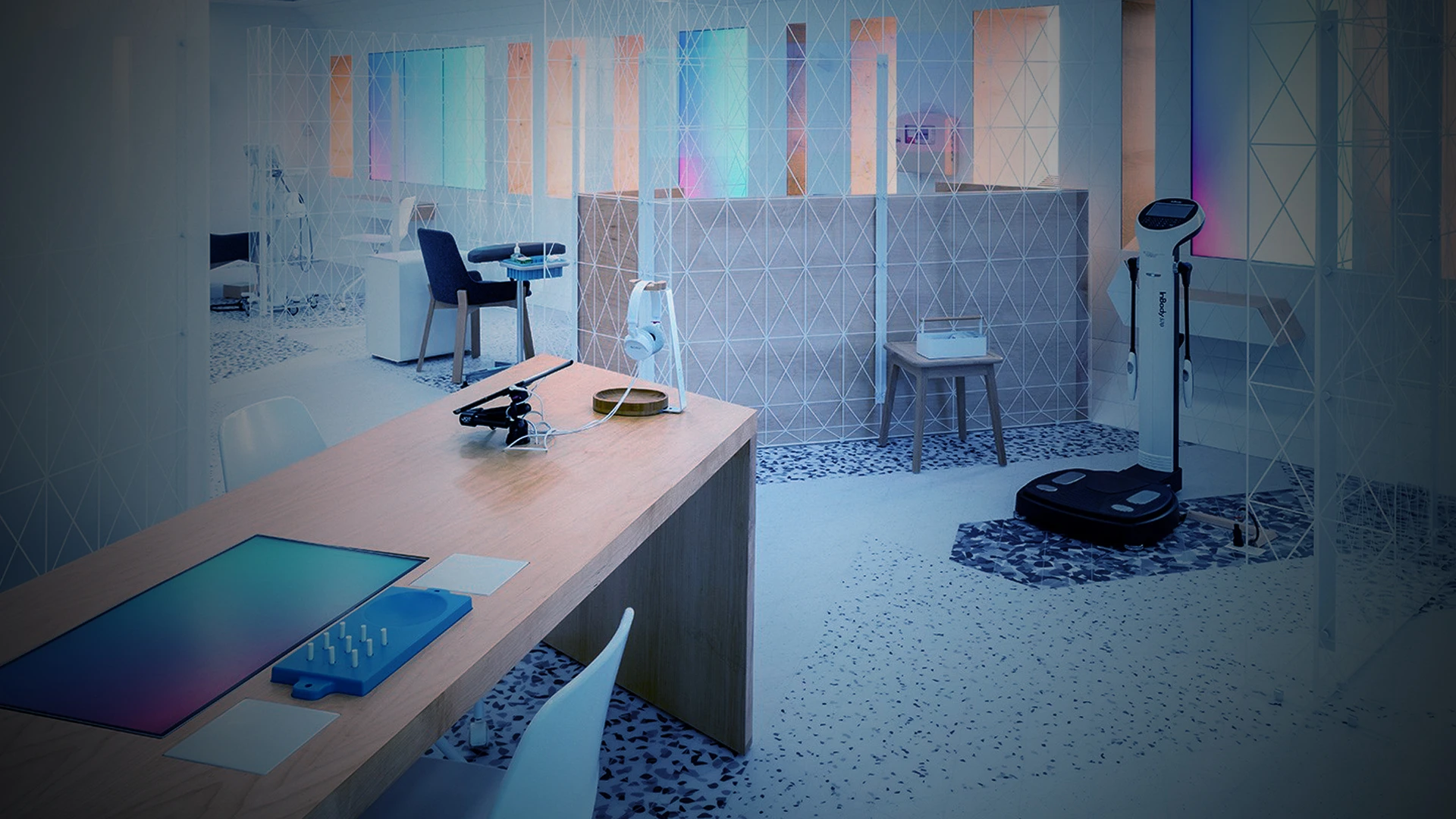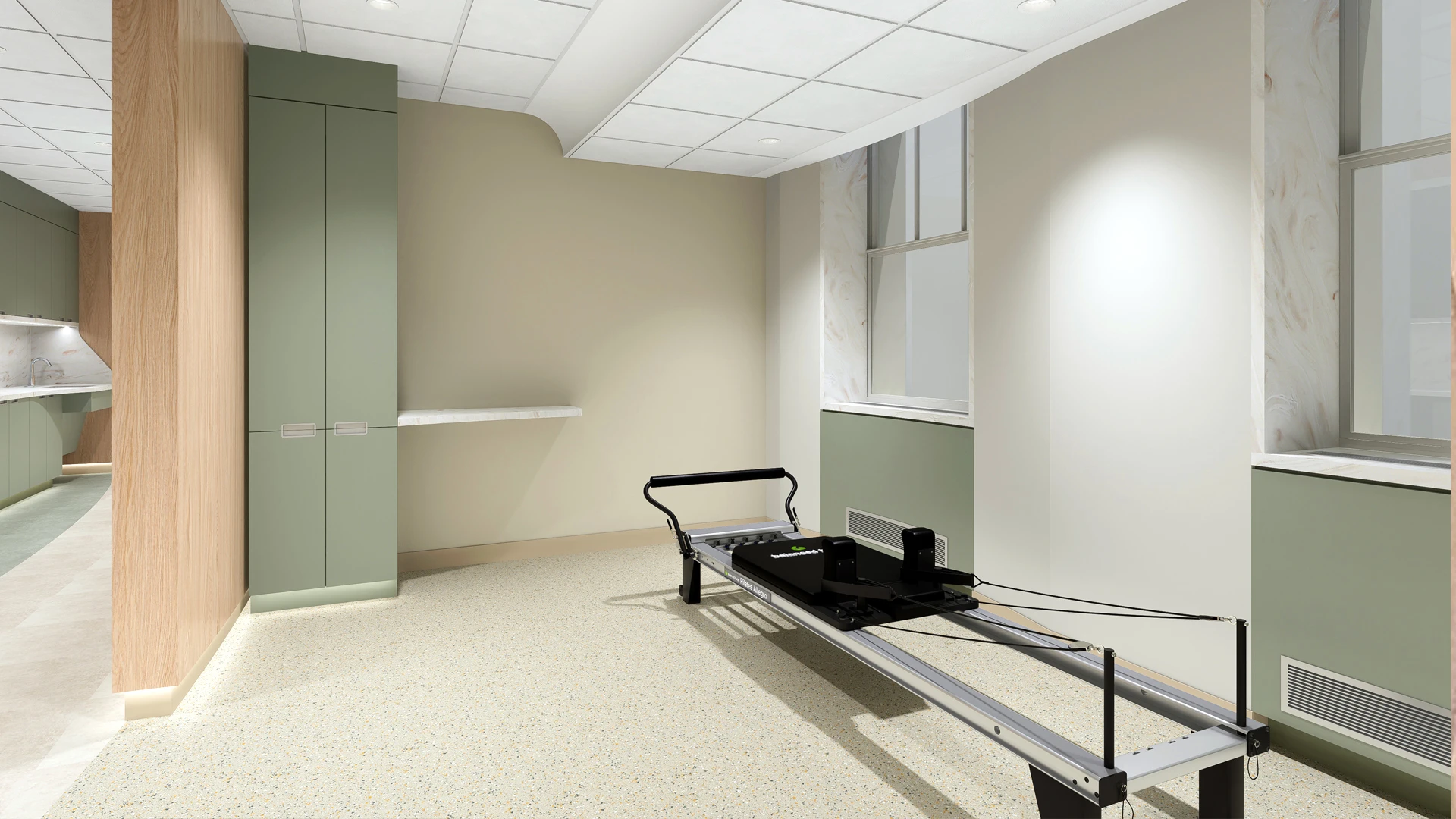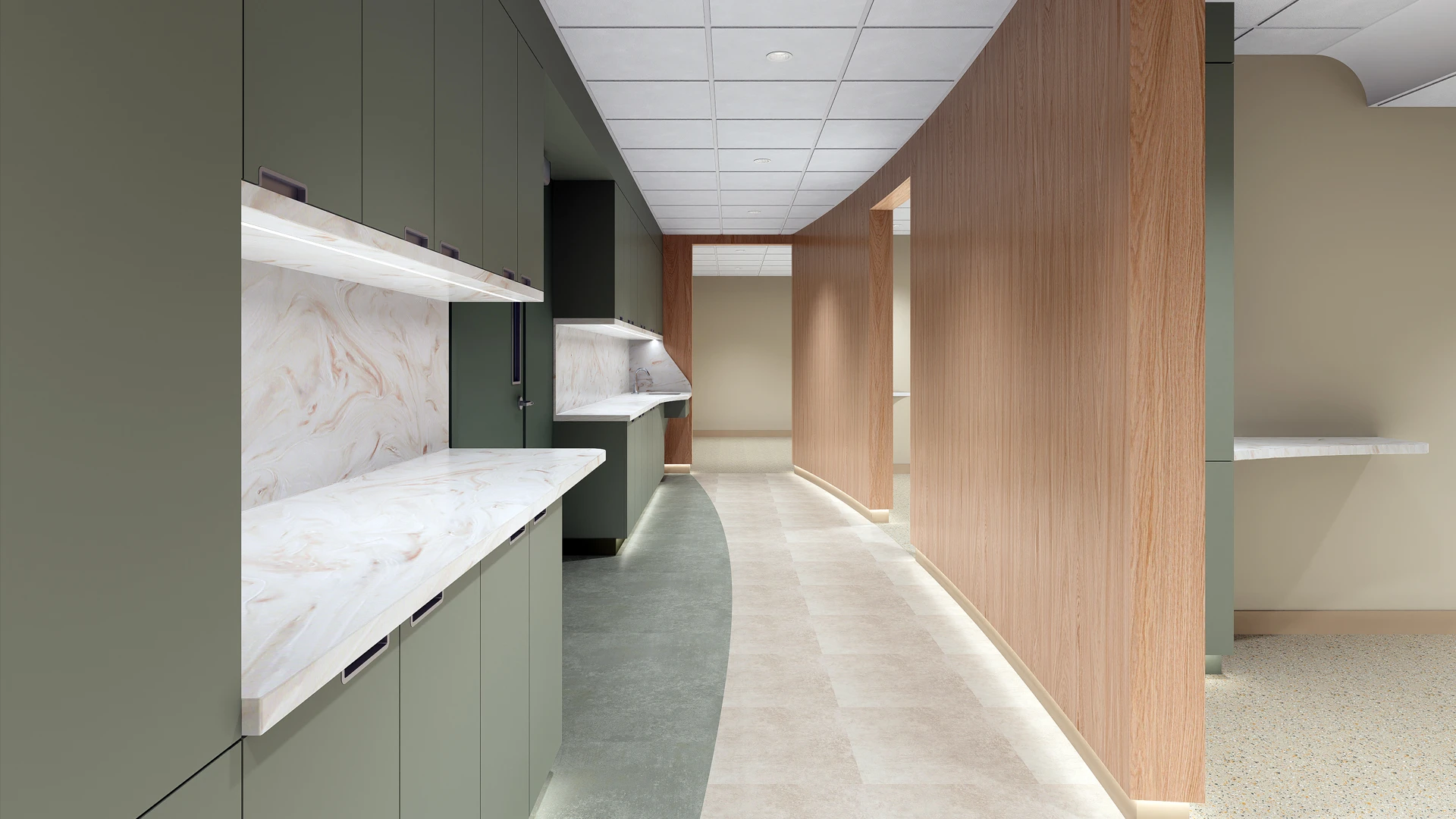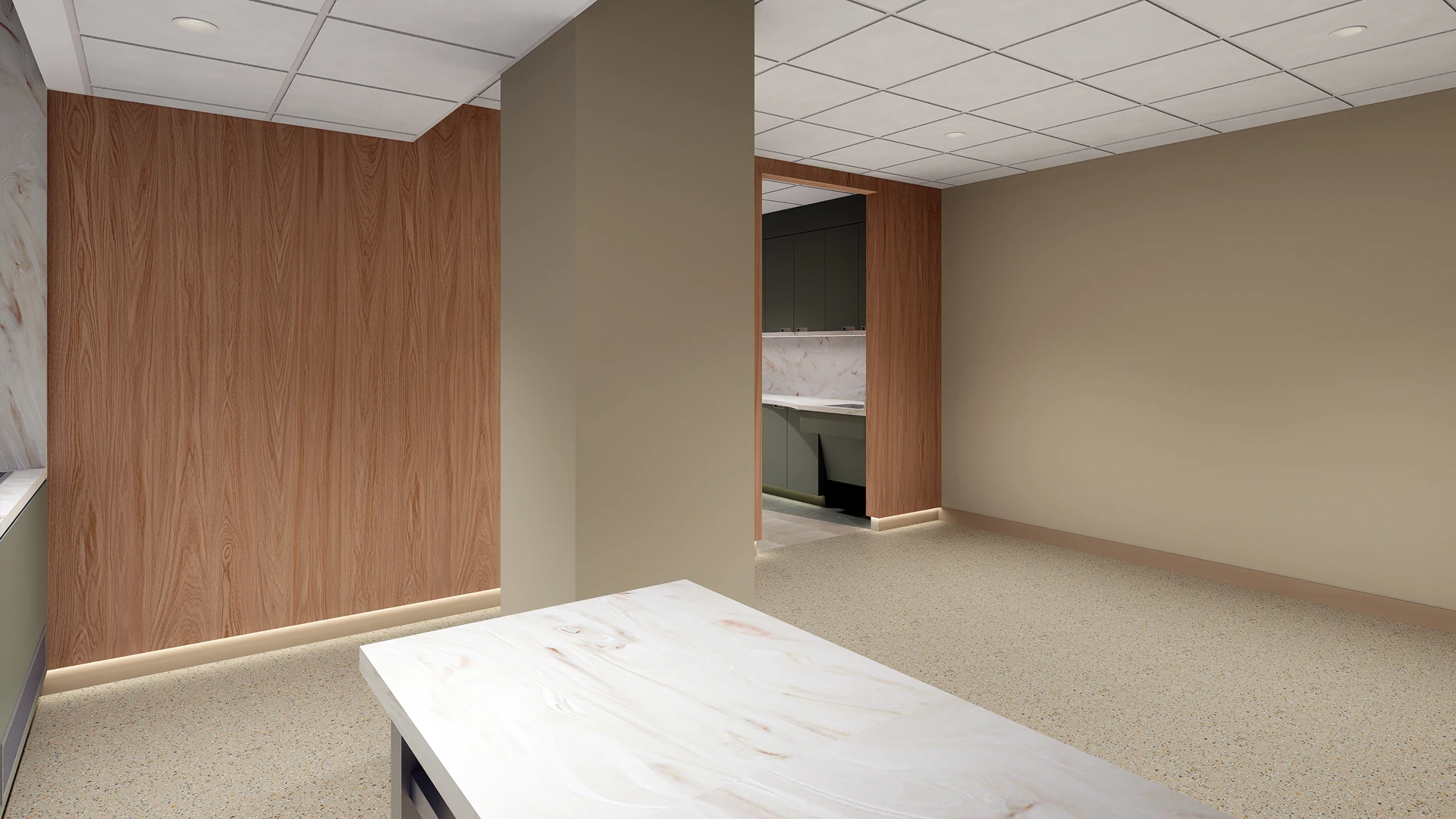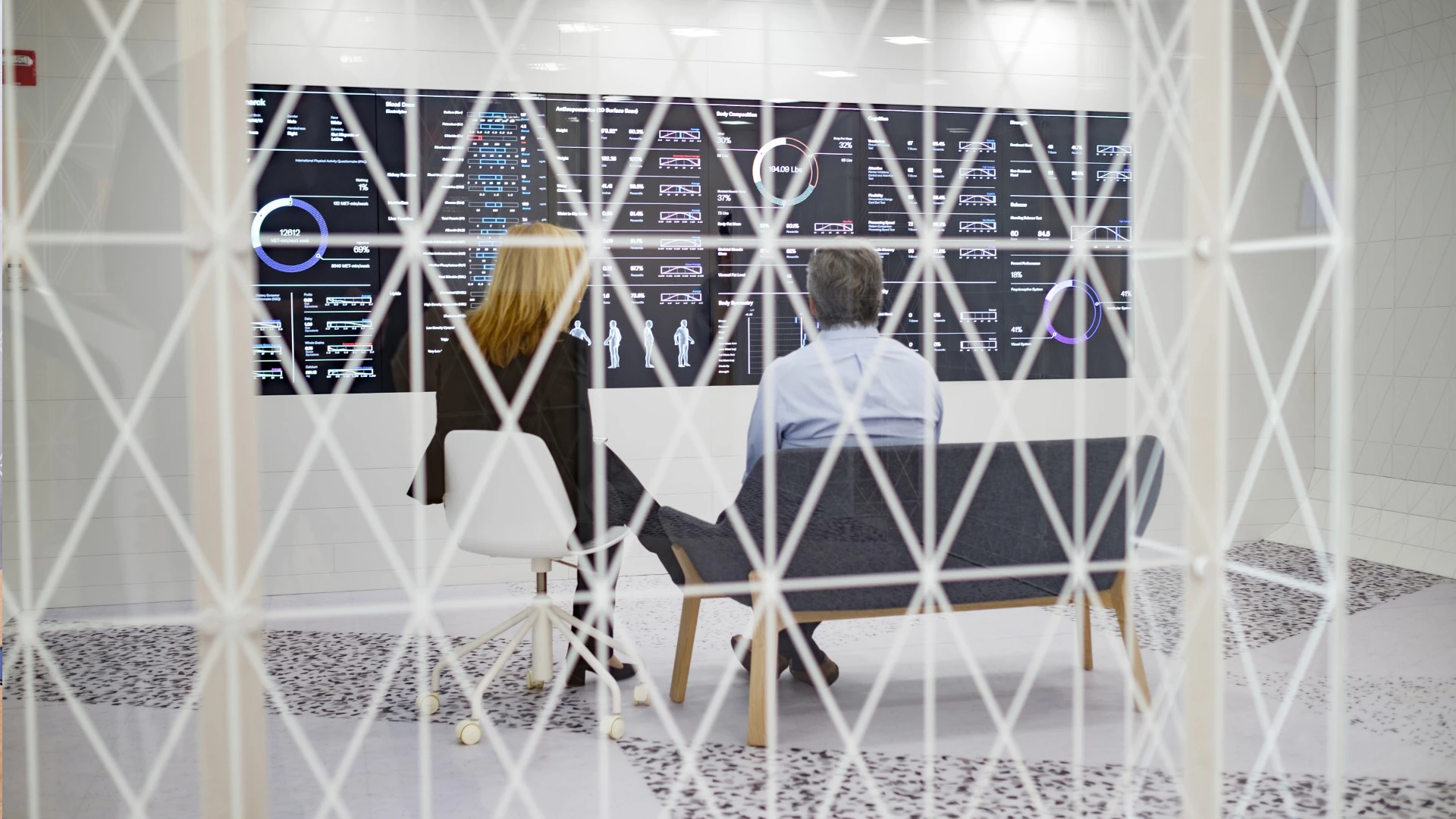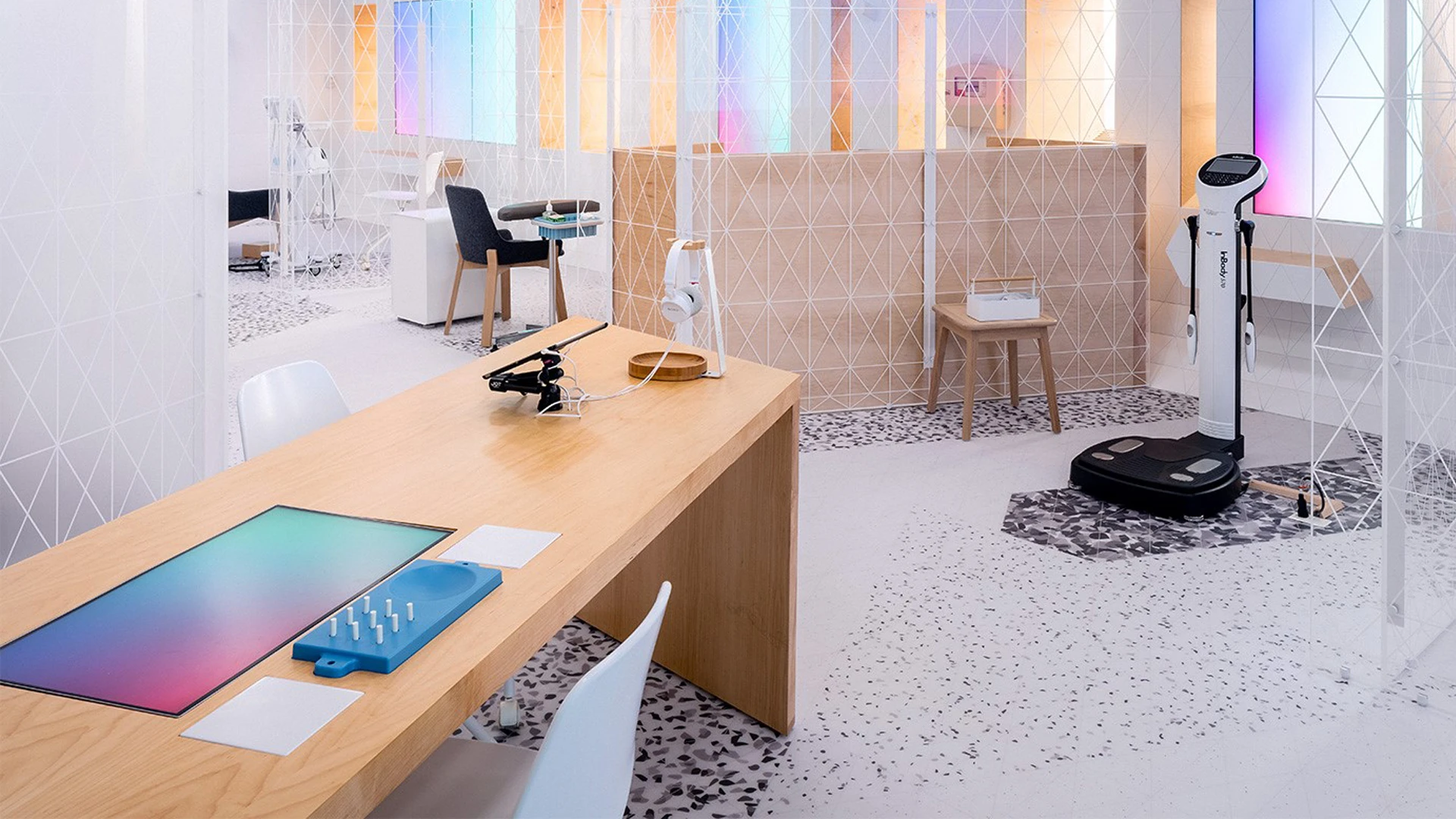For millions of people who have sustained an acute infection such as COVID-19, the aftermath is all too familiar: instead of recovering, they go on to develop a range of chronic symptoms, including cognitive impairment, autonomic dysfunction, pain, and small fiber neuropathy. Moreover, these patients often struggle to find physicians and centers with the clinical expertise and multidisciplinary care regimen to bring them relief from such prolonged conditions.
Mount Sinai’s Department of Rehabilitation and Human Performance will take a huge step toward meeting that need with the opening of the Cohen Center for Recovery from Complex Chronic Illnesses (CoRE) in June 2024. Supported by philanthropy from various donors, including an inaugural gift from Beth and Joshua Nash, the $10-million Center is located at The Mount Sinai Hospital on Manhattan’s Upper East Side, and will be equipped to handle up to 700 new patients a year with infection-associated complex conditions. These will not be limited to post-acute sequelae of COVID-19—commonly known as “long COVID”—but other chronic illnesses with similar presentations and possible biological mechanisms, including long Lyme disease resulting from patients initially infected with tick- or vector-borne bacteria; myalgic encephalomyelitis/chronic fatigue syndrome (ME/CFS); and Ehlers-Danlos syndrome.
David Putrino, PhD, Professor of Rehabilitation and Human Performance at the Icahn School of Medicine at Mount Sinai, Director of Rehabilitation Innovation for the Mount Sinai Health System was appointed the Nash Family Director of the CoRE. “Mount Sinai has treated more than 3,000 cases of long COVID since the beginning of the pandemic, and we believe we are well qualified to become the interdisciplinary center that leads the way with not just compassionate care, but with novel research that gives hope to patients who have had very little in the past,” says Dr. Putrino. “Our Center will be one of the few places in the world embedded in a major clinical institution that’s able to provide outstanding care management as well as leading-edge research focused on biological discovery.”
An additional grant from Connecticut-based Steven & Alexandra Cohen Foundation, which supports health care and education causes, expanded CoRE to encompass research and clinical care on long Lyme Disease and other infection-associated complex chronic illnesses. The Center will also focus on studying combinations of antimicrobials, immunotherapies, and antivirals designed to treat persistent infection; novel therapies designed to treat mitochondrial dysfunction such as hyperbaric oxygen therapy and photobiomodulation, a form of light therapy; and multiple natural supplements as potential therapeutic approaches.
Investigators will work alongside clinicians at the Center to greatly accelerate the integration of research aimed at uncovering effective treatments with clinical practice. This approach is also designed to provide patients with opportunities to enroll in cutting-edge clinical trials.
“These patients need treatments now,” emphasizes Dr. Putrino. “And that’s why our new Center will be firmly planted at the intersection of novel interventional strategies that haven’t been used before in long COVID and other chronic illnesses, and advanced assessment techniques that allow us to test, for example, nervous system function with great sensitivity.”
The Center also boasts the latest in non-pharmacologic treatments for patients experiencing chronic neuropathic pain, including virtual, augmented, and mixed-reality pain therapy; transcranial magnetic stimulation and other noninvasive brain stimulation technologies; and audiovisual entrainment therapies. Moreover, patients can undergo specialized rehabilitation with a physical therapy team focused on addressing autonomic dysfunction, which is experienced by up to 70 percent of complex chronic illness patients. Patients will also have access to evidence-based therapies known to be effective in the management of concurrent conditions such as latent viral reactivation and mast cell activation syndrome. A world-class autonomic testing clinic will undergird the work of the clinic’s 15-member professional staff.
While there are currently no approved drugs or therapies to address long COVID and other infection-associated chronic illnesses, a key mission of the Center is to rapidly gain approval of novel therapies.
In the meantime, the rehabilitation director leans heavily on the ability of knowledgeable, well-trained and determined clinicians and researchers to dramatically change that stasis. “For years these patients have been essentially ignored and given no realistic treatment options by the medical establishment,” he says. “CoRE has worked hand in hand with patients from the outset to build the most innovative center of its type anywhere, and we’re excited by the opportunity we’ll soon have to truly make a difference in the lives of these people and the community.”
Featured
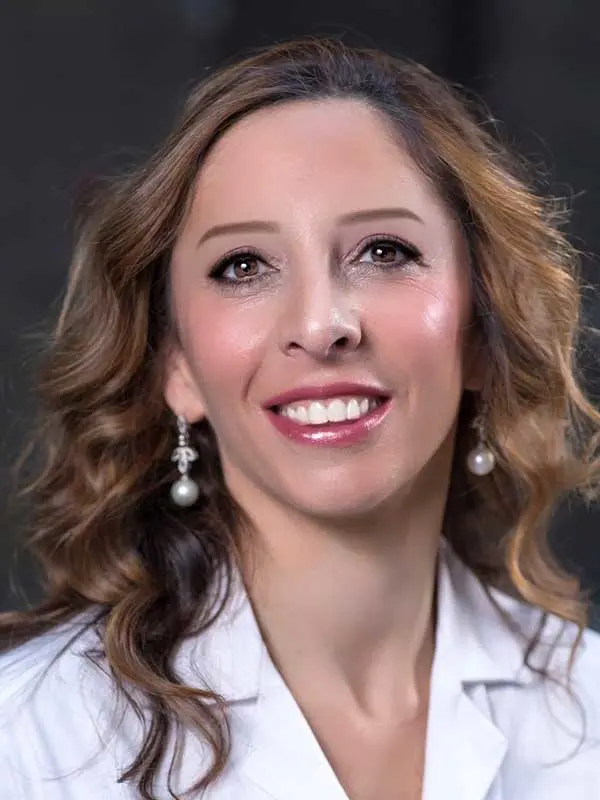
Maria Giovanna Trivieri, MD, PhD
Associate Professor of Medicine (Cardiology), and Diagnostic, Molecular, and Interventional Radiology
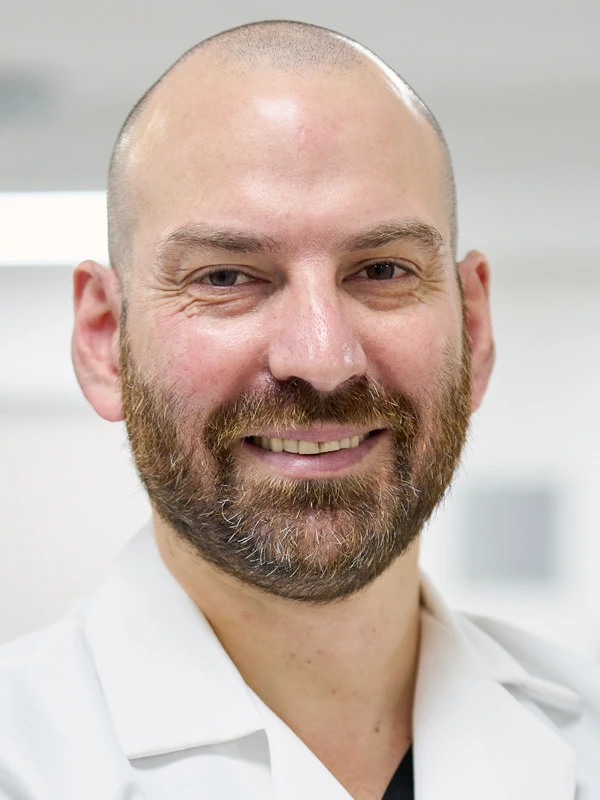
David Putrino, PhD
Director of Rehabilitation Innovation, and Professor of Rehabilitation and Human Performance
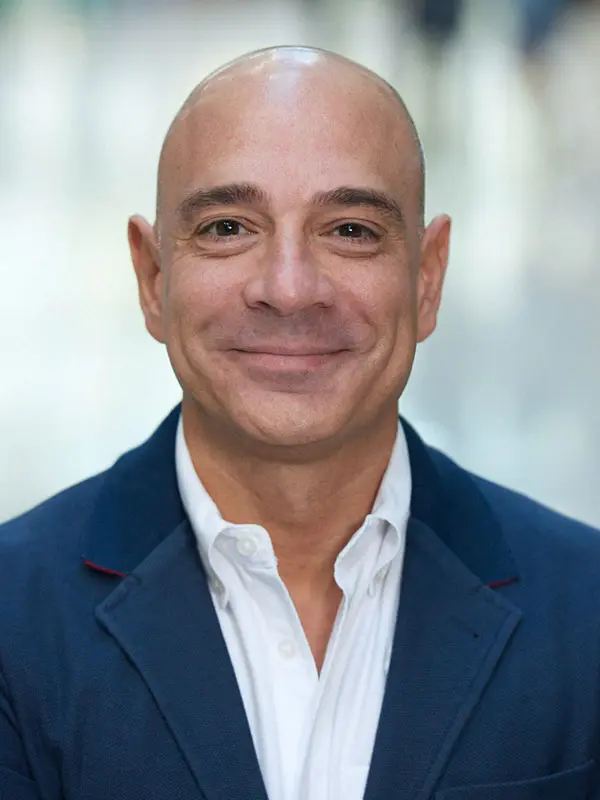
Zahi Fayad, PhD
Lucy G. Moses Professor in Medical Imaging and Bioengineering, and Professor of Medicine (Cardiology)
